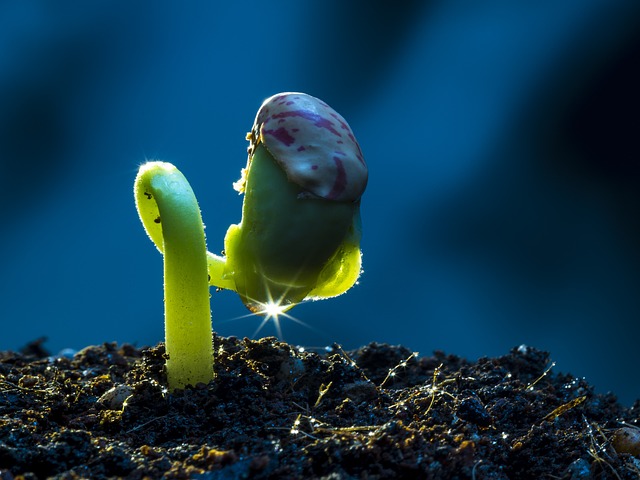Plants: making change
How can we look after our plants?
Give learners opportunities to grow and care for plants in a fun and engaging way. It is a good way to model care and responsibility towards plants. Grassy creatures, seed bombs and making paper pots are a few suggestions.
This is recommended as session four of the Key Stage One Plants Unit, supporting agency to make change.
Preparation
Green skills
- environmental stewardship
Step by step
Quick starter activity
Looking after our plant community

As a class, begin by making a list of things that can be done to protect and look after plants. This could be developed into a simple set of class rules about how they can look after the plants around them. These can be simple and easy to maintain, e.g. watering plants if they need it, not picking beautiful flowers and leaves but enjoying them in situ, being careful where you walk.
Main activity suggestions
Suggestion 1 (Outdoor or indoor)
Learning Through Landscapes: Plant investigations. This activity supports the process of investigating plant growth with the youngest of scientists. The basis of this investigation does however lend itself to more advanced enquiries as well about the impact of soil pH or different fertilisers.
Suggestion 2 (Outdoor)
Learning Through Landscapes: Make some seed bombs. Creating seed bombs is a fun way for learners to engage with learning for action, particularly if the seeds used in the bombs are harvested from the school grounds in early autumn.
Suggestion 3 (Outdoor or indoor)
Learning Through Landscapes: Paper pot plants. This activity shares an easy way to reuse wastepaper to create plant pots that can go straight into the ground when the seeds have germinated.
Top tips
Think about the timing of any indoor planting, so that learners can see their seedlings grow before any school holiday. Always plant a few extras in case any seeds don’t germinate. Planting ideas can also be used as part of the Nature Park programme cycle.
Curriculum links
- To realise that other people and other living things have needs to improve their local natural environment; to make real choices.
Plants
- Find out and describe how plants need water, light and a suitable temperature to grow and stay healthy